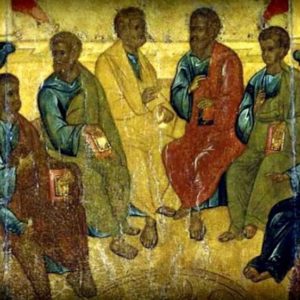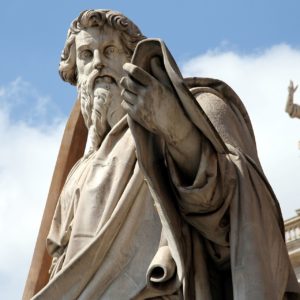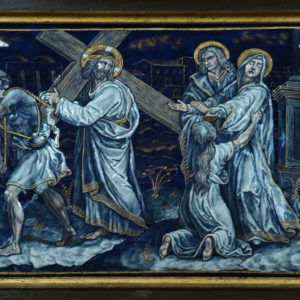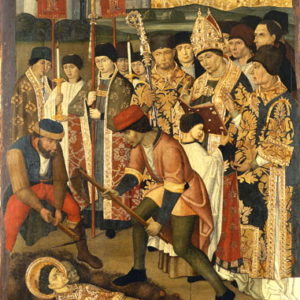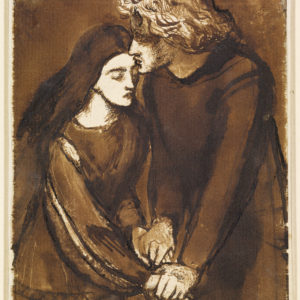In Matthew 4:4, Jesus says, “Man shall not live by bread alone, but by every word that comes from the mouth of God.” What does this have to do with the Eucharist?
You may be inclined to say “NOTHING, He’s talking about reading the Bible,” or even “IT DISPROVES THE EUCHARIST, because it shows He uses eating imagery when He just means belief or Bible reading.” But those answers are Biblically ignorant, since they’re ignoring the context of Jesus’ Old Testament quotation. It turns out, there’s a Eucharistic dimension to His Scriptural quotations here that almost everyone misses.

